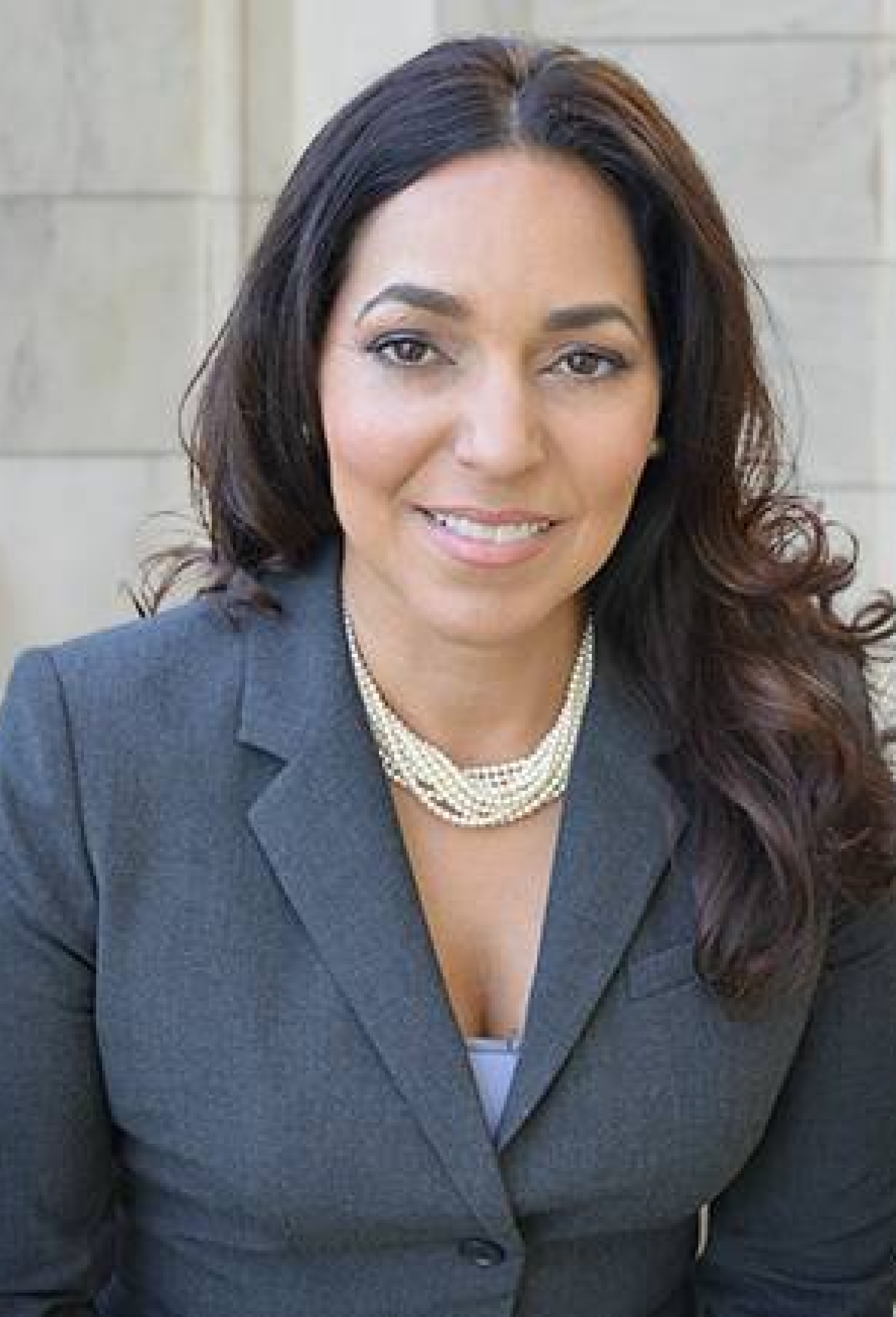
The Best US Immigration Law Firm
The Best US Immigration Law Firm
The Best US Immigration Law Firm
At the Law Offices of Elsa Martinez, we turn complex immigration laws into clear pathways for your future.
At the Law Offices of Elsa Martinez, we turn complex immigration laws into clear pathways for your future.
At the Law Offices of Elsa Martinez, we turn complex immigration laws into clear pathways for your future.
Our Practice Areas
Our Practice Areas
Our Practice Areas

Fiancé & Marriage Visa
The Law Offices of Elsa Martinez specializes in helping couples navigate the complex process of marriage-based visas, whether you're a U.S. citizen sponsoring your spouse or a foreign national seeking to join your partner in the United States.
The Law Offices of Elsa Martinez specializes in helping couples navigate the complex process of marriage-based visas, whether you're a U.S. citizen sponsoring your spouse or a foreign national seeking to join your partner in the United States.

NVC & Consular Visa
At the Law Offices of Elsa Martinez, PLC, we specialize in smoothing your path through the complex National Visa Center (NVC) process and securing provisional unlawful presence waivers.
At the Law Offices of Elsa Martinez, PLC, we specialize in smoothing your path through the complex National Visa Center (NVC) process and securing provisional unlawful presence waivers.

Appeal, Motion, Litigation Visa
Our experienced attorneys can help you appeal an immigration judge's decision. With our focus on immigration law and deep understanding of the appeals process, we provide skilled representation to protect your rights and fight for your ability to stay in the United States.
Our experienced attorneys can help you appeal an immigration judge's decision. With our focus on immigration law and deep understanding of the appeals process, we provide skilled representation to protect your rights and fight for your ability to stay in the United States.
Admitted to

United States Court of Appeals

Supreme Court of the United States

California Bar Association

American Immigration Lawyers Association

United States Court of Appeals

Supreme Court of the United States

California Bar Association

American Immigration Lawyers Association
Our Team
United States Immigration Lawyers: Your U.S. Citizenship Experts
United States Immigration Lawyers: Your U.S. Citizenship Experts
United States Immigration Lawyers: Your U.S. Citizenship Experts
At the Law Offices of Elsa Martinez, our team of experienced immigration lawyers in Los Angeles are dedicated to guiding you through every step of your journey to U.S. citizenship. Led by former INS prosecutor Elsa Martinez, we combine insider knowledge with over two decades of success in family-based immigration.
At the Law Offices of Elsa Martinez, our team of experienced immigration lawyers in Los Angeles are dedicated to guiding you through every step of your journey to U.S. citizenship. Led by former INS prosecutor Elsa Martinez, we combine insider knowledge with over two decades of success in family-based immigration.



How it works
Our process is simple.
Our process is simple.
Our dedicated team will guide you through our simple process every step of the way, making sure you have the highest chance of success.
Our dedicated team will guide you through our simple process every step of the way, making sure you have the highest chance of success.
STEP 1
Case Evaluation
Case Evaluation
Submit your details and receive a personalized response within 24 hours from our experienced immigration attorneys.
Submit your details and receive a personalized response within 24 hours from our experienced immigration attorneys.
STEP 2
Strategic Consultation
Strategic Consultation
Meet with our dedicated legal team, either virtually or in person, to discuss your unique immigration situation and develop a clear, winning strategy tailored just for you.
Meet with our dedicated legal team, either virtually or in person, to discuss your unique immigration situation and develop a clear, winning strategy tailored just for you.
STEP 3
Document Preparation & Filing
Document Preparation & Filing
Our meticulous legal team handles all paperwork, translations, and documentation while keeping you informed every step of the way through our client portal.
Our meticulous legal team handles all paperwork, translations, and documentation while keeping you informed every step of the way through our client portal.
STEP 4
Case Resolution & Success
Case Resolution & Success
We advocate tirelessly on your behalf, leveraging our proven track record and expertise to guide your case to a successful conclusion, turning your immigration dreams into reality.
Our Clients
Why clients love our firm
Why clients love our firm
Elsa is the best immigration lawyer out there. She is very professional and honest will let you know what your chances are from the beginning. She helped my mom and dad obtain their citizenship and also helped my husband obtain his residency...she also answered everyone of my questions/ concerns promptly. She is amazing, thank you guys for helping me and my family!
Elsa is the best immigration lawyer out there. She is very professional and honest will let you know what your chances are from the beginning. She helped my mom and dad obtain their citizenship and also helped my husband obtain his residency...she also answered everyone of my questions/ concerns promptly. She is amazing, thank you guys for helping me and my family!
Sonia V.
Sonia V.
Sonia V.
Los Angeles, CA
